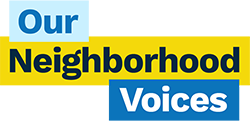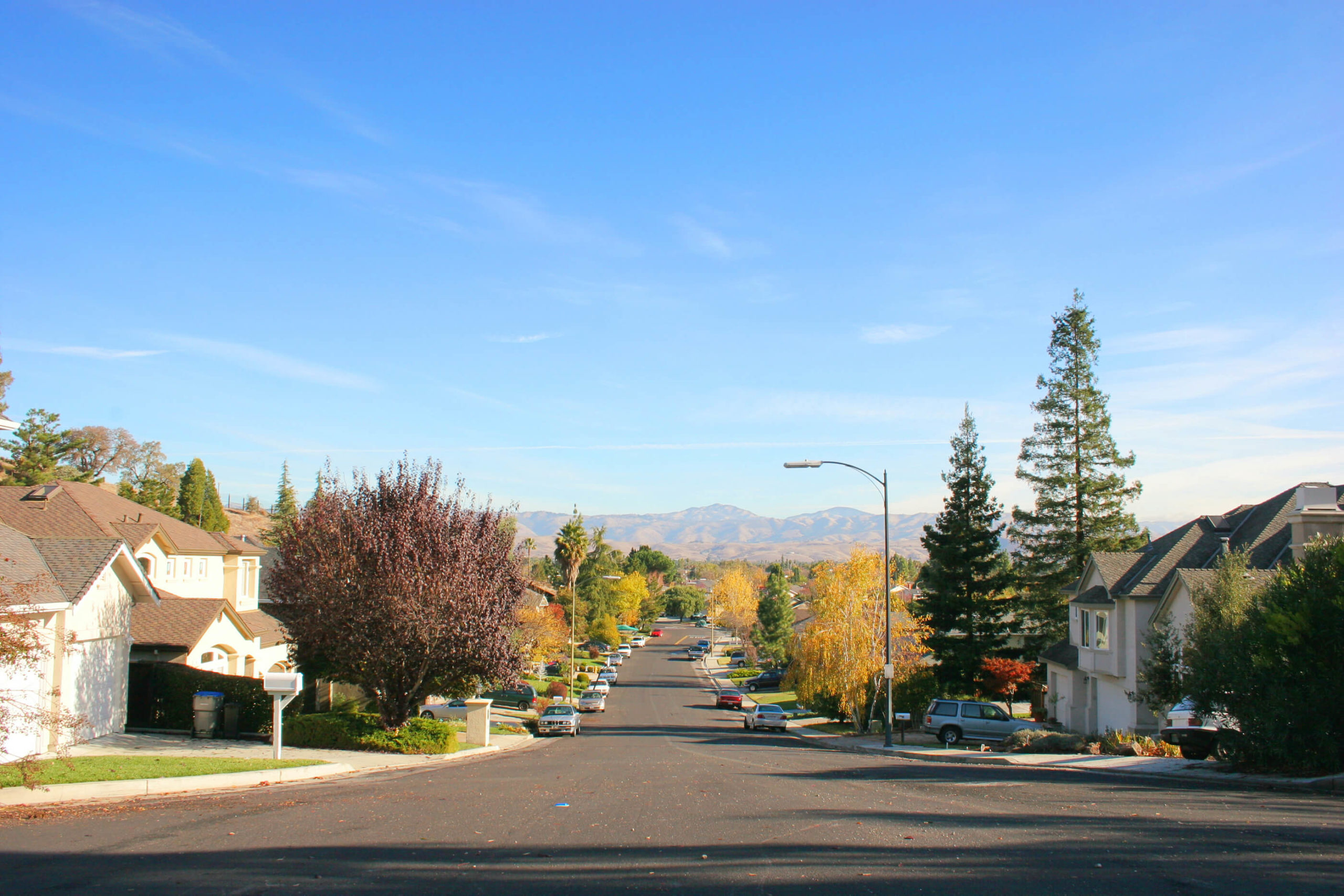By: David Wagner
This article originally appeared in LAist
At the start of 2022, new state laws took effect that could bring big changes to California suburbs in the form of more housing density. Now, local politicians want to see those laws overturned.
The Southern California Association of Governments (SCAG) — a regional planning organization — voted Thursday to support a ballot initiative that aims to override state housing laws by giving local governments the final say over land use decisions.
Yorba Linda City Councilmember Peggy Huang, one of the initiative’s main proponents, told her fellow SCAG regional council members to “not allow Sacramento to tell us what’s best from 500 miles away.”
By a vote of 32 to 12 (with 3 members abstaining), SCAG moved to officially support the Our Neighborhood Voices initiative, which still needs to collect nearly one million valid signatures to qualify for the November ballot.
‘There’s No Need To Destroy Single-Family Neighborhoods’
If the initiative qualifies for the ballot and voters approve it, local governments could overturn a pair of new state housing laws that allow for more housing in areas once reserved for single-family homes.
One of those laws, SB 9, allows homeowners to build up to four units of housing on lots that previously supported just one home. The other law, SB 10, allows local governments to approve developments with up to 10 units on lots located near transit lines.
During the SCAG meeting, L.A. City Councilmember Paul Koretz said with these laws, developers can build expensive housing in areas that don’t want it, which could lead to gentrification.
“There’s no need to destroy single-family neighborhoods just for the sake of doing it,” Koretz said.
The Land Use Rule Underpinning SoCal Suburbs
The main point of contention is single-family zoning. Put simply, it’s the land use rule that has sustained the stereotypical Southern California suburb, ensuring that rows of detached homes remain uninterrupted by denser apartment buildings.
Many SoCal politicians, along with many of the local homeowners they represent, view single-family zoning as sacrosanct — and as a symbol of upward economic mobility.
According to the city of L.A.’s planning department, 76% of the residential land in L.A.’s wealthiest neighborhoods is currently zoned for single-family use.
Brentwood City Councilmember Jovita Mendoza, another proponent of the ballot initiative, said, “As a first generation Mexican-American, I am appalled that I am being told that people like me — people of color — cannot want to live in a single-family neighborhood, that we are only good enough for a stack-them-and-pack-them model.”
Proponents for greater housing density argue the new state laws are needed because stand-alone houses are out of reach for most Californians, and that new types of housing — such as duplexes and granny flats — will offer more affordable options to millennials and middle-income workers currently priced out of the housing market.
L.A. County’s median home price is nearly $800,000, according to the California Association of Realtors.
Renter & Biz Groups Say Initiative Would Preserve An Unaffordable ‘Status Quo’
SCAG’s vote came over the objections of local business organizations and nonprofits that serve low-income renters.
Those groups said the initiative threatens to undo state tenant protections, fair housing goals and progress toward digging California out of its severe housing shortage.
Before the vote, the Inner City Law Center’s Mahdi Manji told SCAG’s board that if the ballot initiative is successful, it “would have the potential to imperil AB 1482, which creates a statewide just cause for eviction and limits how much landlords can increase rents.”
Michael Shilstone with the Central City Association, a Downtown L.A. business advocacy group, said local governments need to work together to meet the region’s overall goal of planning for 1.3 million new homes over the next eight years, rather than fighting new development in each individual city.
“We’re strongly opposed to this voter initiative,” Shilstone said, “as it seeks to preserve the status quo of housing unaffordability, environmentally harmful sprawl and economic inequality.”
The initiative’s proponents include Redondo Beach Mayor Bill Brand, and major funding is coming from the L.A.-based AIDS Healthcare Foundation.
Researchers doubt SB 9 and SB 10 will lead to any huge overnight changes in California suburbs. A recent study from UC Berkeley’s Terner Center estimated that 97% of existing single-family homes will remain in place after SB 9 takes effect.

